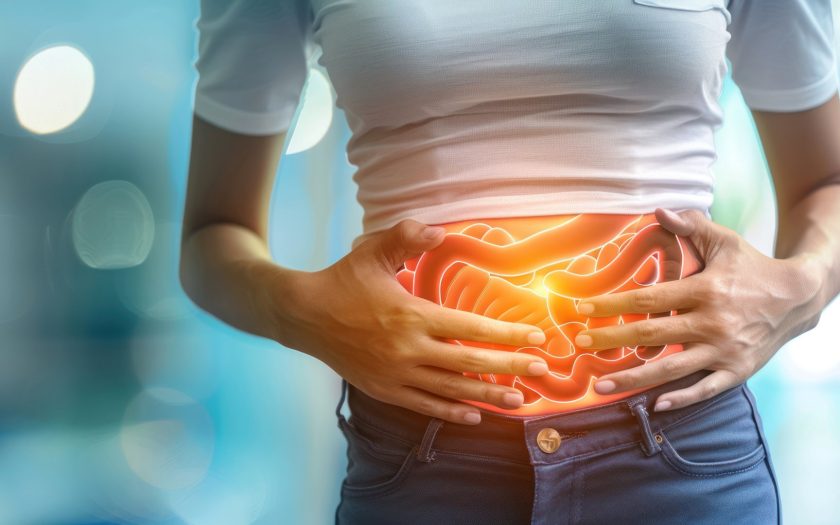Myth 1: You cannot eat fruits.
In reality, many fruits can be beneficial during stomach problems if chosen wisely and consumed in moderation. Fruits such as bananas, apples (without skin), pears and watermelons can even help with stomach disorders. For example, bananas have a soft texture and do not irritate the stomach lining and their high potassium content helps replenish potassium lost during a diarrhea. Apples reduce acidity and are beneficial for dyspepsia (digestive system disorders) if they do not cause irritation. If the stomach disorder is not severe, consuming certain fruits can help restore energy, support immunity and improve digestion. However, for serious symptoms or prolonged stomach issues, it is advisable to consult a doctor for diagnosis and an appropriate diet plan.
Myth 2: You need to take medication for life.
While some people may need medication for chronic stomach disorders, taking medication for life is not necessary for everyone. In most cases, stomach issues can be improved or even fully resolved with proper diet, lifestyle changes, stress reduction, and timely medical care. Medications such as Alutabs are often prescribed to reduce symptoms or maintain the condition during exacerbations. There are cases when an upset stomach causes excessive formation of stomach acid, in which case Omez may be prescribed. In any case, for prolonged or serious stomach disorders, it is important to consult a doctor for an accurate diagnosis and an optimal treatment plan.
Myth 3: You can’t practice yoga.
In reality, yoga can be very beneficial to stomach disorders, but it is important to choose the right exercises and approach the practice with caution. Gentle yoga poses can help reduce stress, which is often the main cause of stomach problems. It is important to avoid intense or complex poses that may put excessive pressure on the stomach or cause unnecessary discomfort. Additionally, it is crucial to wear comfortable clothing that does not constrict the abdomen to prevent unpleasant symptoms. Overall, yoga can be a helpful tool for easing stomach disorder symptoms when practiced carefully and under the guidance of a specialist.
Myth 4: Laughter worsens the pain.
Actually, laughter does not necessarily cause pain during stomach disorders and may even have a positive effect. Laughter stimulates the production of endorphins, which can be very helpful in such conditions. Of course, in some cases, excessive or intense laughter can cause temporary discomfort if the stomach is very sensitive or there is abdominal pain. However, this is usually not a serious problem and can be alleviated with calm rest or relaxation. In most cases, laughter can help relieve tension in the body and reduce stress, which has a positive impact on stomach health. If laughter does not cause pain, it can be beneficial for overall well-being.
Myth 5: You should only eat cooked food.
Although cooked food can be easier to digest during stomach disorders, it is not necessary to limit yourself to just that. It is important to choose foods that do not irritate the stomach and do not overload the digestive system. Avoid heavy, fatty, or overly spicy foods that can cause additional stomach irritation. As your condition improves, you can gradually reintroduce a variety of foods, but they should not be too difficult to digest. In any case, if symptoms persist for an extended period, it is important to consult a doctor for guidance and dietary adjustments. The key is to choose foods that best suit your body’s needs.

